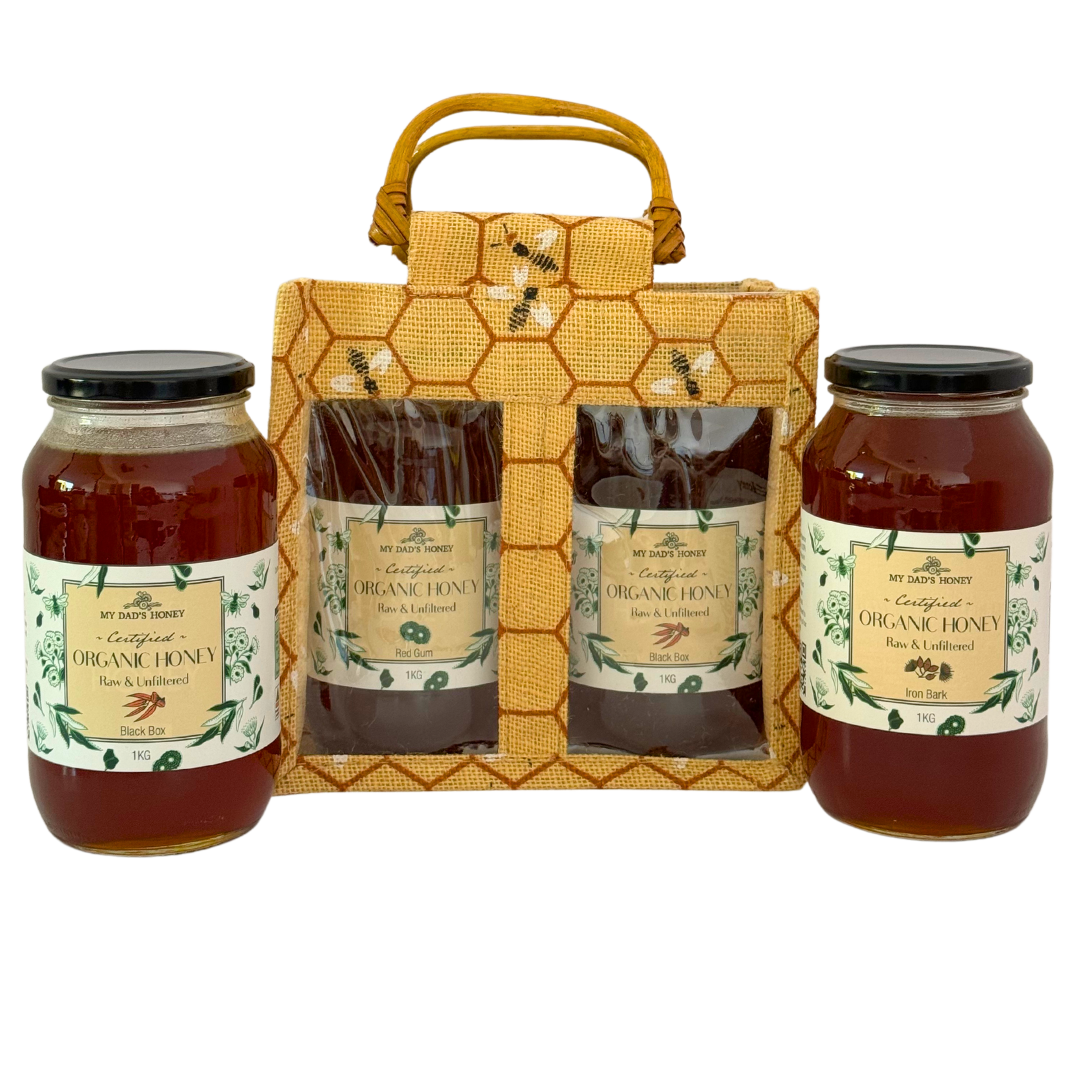Hayfever Sniffles? Natural Ways To Relieve Symptoms
As spring creeps in, many people will start to develop hayfever symptoms. But if you don’t want to rely on anti-histamine use, there are some natural ways to relieve your symptoms – including one of our favourite foods.
What is hayfever?
Hayfever, or allergic rhinitis, is a reaction to pollen from trees, grasses and weeds. The immune system mistakenly thinks that the pollen is a harmful substance, triggering a release of antibodies and histamine.
This causes the symptoms of hayfever, such as inflammation and swelling of nasal passages, sneezing, itchy nose and throat, runny nose and excess mucus.
Some people suffer year-round. But most people experience symptoms in spring, as the pollen count in the air is highest at this time.
Simple tips to relieve hayfever symptoms
Here are some tips and tricks that health practitioners recommend for relieving the symptoms of hayfever.
Avoid windy days
When the wind is high, there is more pollen blowing through the air. If you can, minimise your time outside on windy days. But if you do need to go out when it’s windy, pop on some snug sunglasses to reduce pollen in the eyes.
Once you get home, change out of your clothes and put them straight in the wash. This will minimise the amount of pollen you track through the house.
Eat plenty of fruit and vegetables
It’s always good to eat a variety of fruit and veg. But did you know that some fruits and vegetables contain natural anti-inflammatory and anti-histamine nutrients?
Vitamin C is one of these nutrients. Stock up on kiwifruit, strawberries, oranges and red capsicum for a healthy dose. Another is quercetin, an antioxidant found in onions, apples, berries and parsley.
If you’re feeling congested, pineapple is worth a try. It is a source of bromelain, an enzyme that can break down excess mucus in the throat. Bromelain is only found in raw pineapple, not tinned or cooked.
Sip on some tea
Herbal teas are another useful addition to your anti-hayfever arsenal. Although all teas have benefits, there are a few that could be particularly useful for hayfever:
Rosehip – this fruity tea is full of vitamin C, which can have an anti-histamine effect
Nettle – a natural anti-histamine tea. The earthy flavour can be a bit strong, so you might want to add some honey
Licorice – a sweet soothing tea that is great for relieving sore throats and coughs caused by hayfever
Take a spoonful of local honey
We couldn’t go past this classic hayfever remedy! Local honey is an ideal option, as it introduces small amounts of pollen into your system. It’s believed that this de-sensitises your immune system to the pollen, so it lessens the reaction.
For best results, you want local honey that is raw and preferably from the current season. Include a spoonful each day.
Looking for a tasty, local and raw honey to relieve your symptoms? My Dad’s Honey has got you covered.
Enjoy a spoonful of our delicious Australian Certified Organic Raw Honey harvested straight from our beehive!








